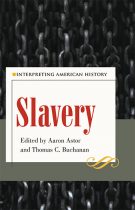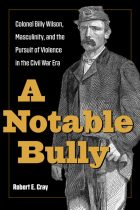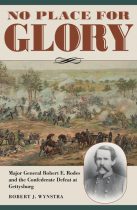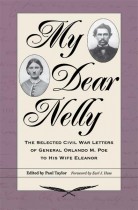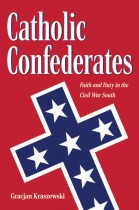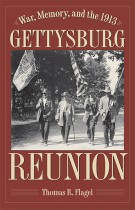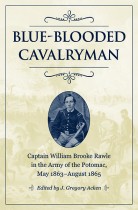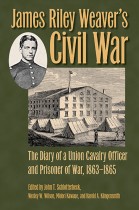The Brilliance of Charles Whittlesey
Stanley M. Totten | Filed under: Civil War Era, Environmental Studies, Recent Releases, Regional Interest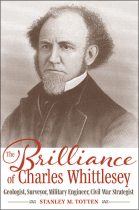
The Brilliance of Charles Whittlesey offers the first full-length biography of one of the most outstanding and influential Americans of the 19th century, Charles Whittlesey (1808–1886). Whittlesey advanced numerous fields, including geology, exploration, history, archaeology, and military strategy. Much of his work, however, has been treated as a mere footnote of American history and largely neglected by historians.


